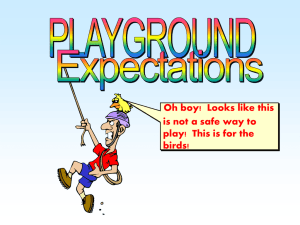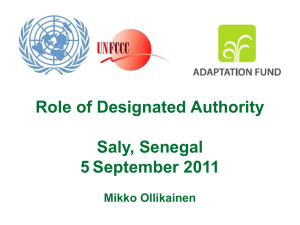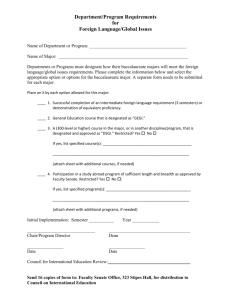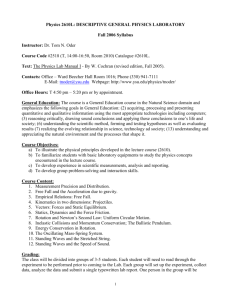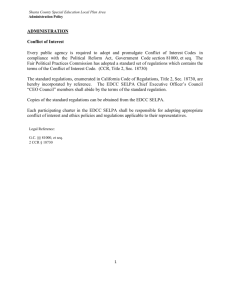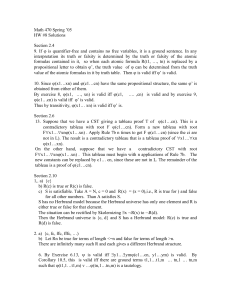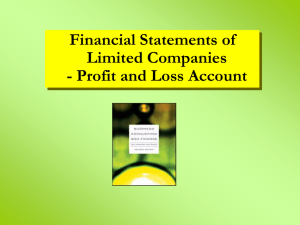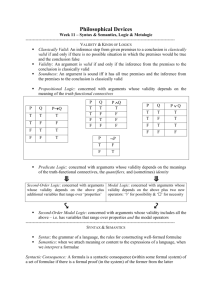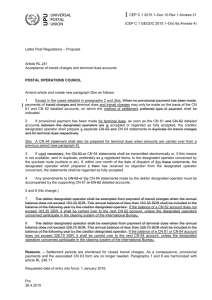the size of world of logic
advertisement
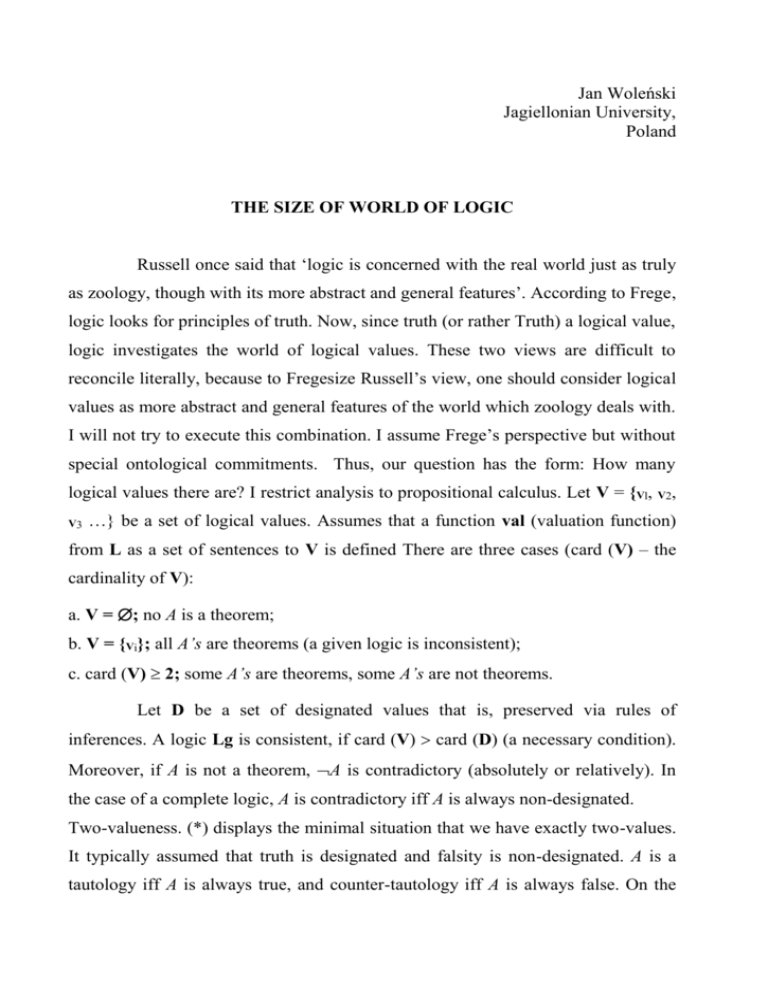
Jan Woleński
Jagiellonian University,
Poland
THE SIZE OF WORLD OF LOGIC
Russell once said that ‘logic is concerned with the real world just as truly
as zoology, though with its more abstract and general features’. According to Frege,
logic looks for principles of truth. Now, since truth (or rather Truth) a logical value,
logic investigates the world of logical values. These two views are difficult to
reconcile literally, because to Fregesize Russell’s view, one should consider logical
values as more abstract and general features of the world which zoology deals with.
I will not try to execute this combination. I assume Frege’s perspective but without
special ontological commitments. Thus, our question has the form: How many
logical values there are? I restrict analysis to propositional calculus. Let V = {Vl, V2,
V3
…} be a set of logical values. Assumes that a function val (valuation function)
from L as a set of sentences to V is defined There are three cases (card (V) – the
cardinality of V):
a. V = ; no A is a theorem;
b. V = {Vi}; all A’s are theorems (a given logic is inconsistent);
c. card (V) 2; some A’s are theorems, some A’s are not theorems.
Let D be a set of designated values that is, preserved via rules of
inferences. A logic Lg is consistent, if card (V) card (D) (a necessary condition).
Moreover, if A is not a theorem, A is contradictory (absolutely or relatively). In
the case of a complete logic, A is contradictory iff A is always non-designated.
Two-valueness. (*) displays the minimal situation that we have exactly two-values.
It typically assumed that truth is designated and falsity is non-designated. A is a
tautology iff A is always true, and counter-tautology iff A is always false. On the
other hand, dual logic (and other similar constructions) designates falsity. This
shows that designating truth is based on some pragmatic assumptions even in the
most popular case of two-valued logic with truth as designated. Anyway, in any
valuation the sets of designated and non-designated values are mutually exclusive,
they exhaust V. The problem of stability (the question whether sentences change
their values, for instance, in the course of time) of valuation is more complex and I
will omit it.
On the other hand, there is no a priori reason to restrict V to two mutually
exclusive items or to treat val as a total function. Otherwise speaking, twovalueness is not a necessary metalogical fact. Many-valued (including fuzzy) logic,
logic with truth-value gaps or paraconsistent logic are particular outcomes of
rejecting two-valueness in the classical sense. Consequently, the size of the logical
worlds is not determined in advance, except excluding the empty and one-element
world. There are various philosophical problems related to the size-problem of the
logical world. Is any logic basic? Is any logic universal that is, true in all possible
models (regions of reality)? Is any logic global, that is, admits only one designated
value as its fix-point? Are there local logics, that is, valid only in some models or
classes of models?
